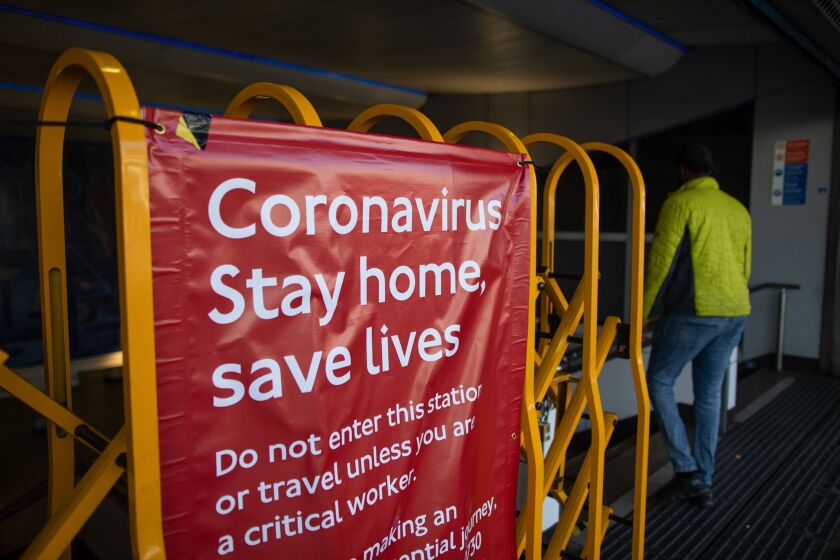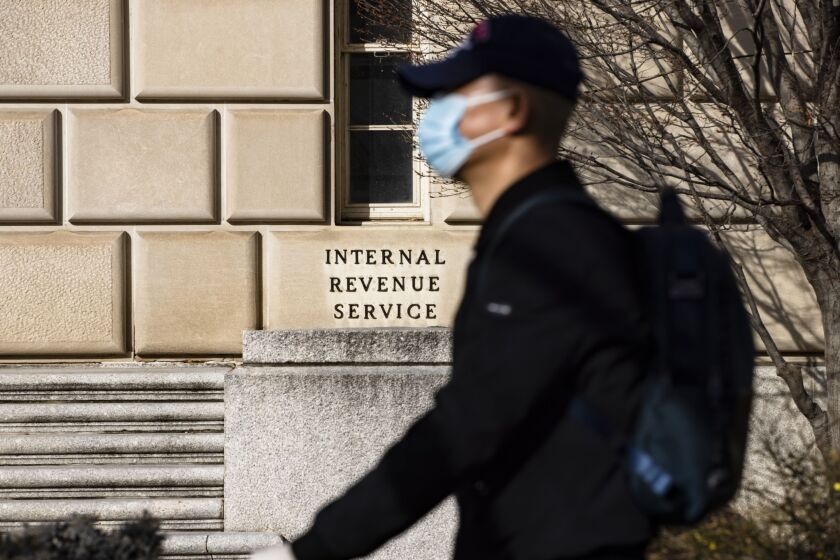Credit card chargebacks were rising in certain categories prior to the coronavirus outbreak, but the pandemic is causing a spike in all types of payment card disputes, according to Mastercard.
Few categories are higher than airline tickets, where chargebacks have risen from an average of .5% to 20% as consumers try to get back money spent on canceled flights, said Johan Gerber, Mastercard’s executive vice president of cyber and innovations.
Friendly fraud — in which consumers dispute a legitimate transaction — is also spiking.
“People are sitting at home, buying things in moments of stress and anxiety, then later they want to get out of the deal,” Gerber said. In other cases, consumers simply forgot they made purchases or signed up for subscriptions.
The crisis has compelled Mastercard to take action, Gerber said.

First, Mastercard has postponed implementing a new policy that would have gone into effect this month reducing the time allowed for parties to dispute transactions from 120 days to 90 days. The change will now kick in July 17, according to Gerber.
Second, Mastercard aims to ease the transition to the shorter dispute-resolution window by giving banks and merchants 90 days of free services from Ethoca, a fraud monitoring and dispute-resolution service the card network acquired last year.
The Internal Revenue Service will allow businesses that got their Paycheck Protection Program loans forgiven to write off expenses paid for with that money, shifting policy after Congress passed new legislation last month.
The Internal Revenue Service and the Treasury Department released guidance on claiming deductions for expenses associated with Paycheck Protection Program loans that have been forgiven.
The Internal Revenue Service is once again depositing the latest round of Economic Impact Payments in the wrong bank accounts in a replay of problems experienced last year by many taxpayers.
“We want to speed up the time required to resolve disputes, and we think that by shortening the window and improving the technology available to banks and merchants, we’ll see less time and money overall spent on resolving chargebacks,” Gerber said.
Toronto-based Ethoca's platform enables banks and merchants to share details about transactions in real time to sort out legitimate transactions from actual fraud. Banks can even use the service to verify purchase details with a merchant in real time when a consumer calls to dispute a charge.
Ethoca also is working to provide digital receipts for consumer purchases that are visible on banks' mobile apps, making it easier for banks to remind consumers of their legitimate purchases. Microsoft is the first merchant to integrate with Ethoca for digital receipts starting this week with participating banks.
When the coronavirus created havoc in the airline industry, Ethoca began posting the terms of services of major airlines on its website, making it easier for banks to determine accountability on chargebacks.
“In some cases, consumers are entitled to a full refund on their ticket, but in many other cases, airlines are offering a credit, and it's explained in their terms of services," Gerber said. "Since Ethoca began displaying this information, banks are utilizing it heavily.”
Ethoca’s ability to intermediate between banks and merchants in real time eliminates duplicate chargebacks, a costly but common occurrence.
“A typical problem with chargebacks is that a consumer will call the merchant who grants them a refund, but before the transaction has even been processed, they get impatient and they also call the bank and start the dispute process again on the same purchase. That creates a lot of extra work and time to sort out,” Gerber said.
When a participating bank initiates a chargeback through Ethoca, Mastercard can temporarily suspend the process while Ethoca checks with the merchant to make sure a chargeback investigation isn’t already in progress, he said.
“We’re able to short-circuit a lot of those double-reporting incidents,” Gerber said, noting the operational costs of settling duplicate chargebacks run between $15 and $70 each.
Mastercard is hoping that by narrowing the window to work out chargebacks and expanding tools to quickly separate actual fraud from friendly fraud, banks and merchants could eliminate a lot of friction.
“Shortening the time to pursue chargebacks will reduce the process from three cycles to two cycles, but our goal is to eventually resolve most chargebacks immediately, with no waiting and no duplication,” Gerber said.




